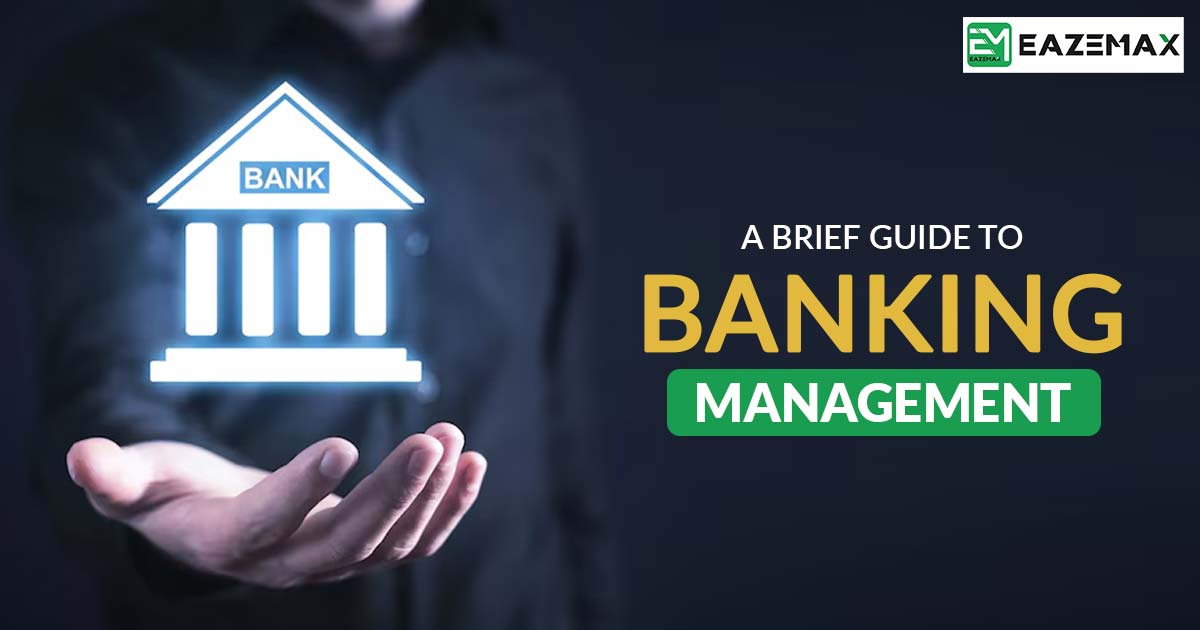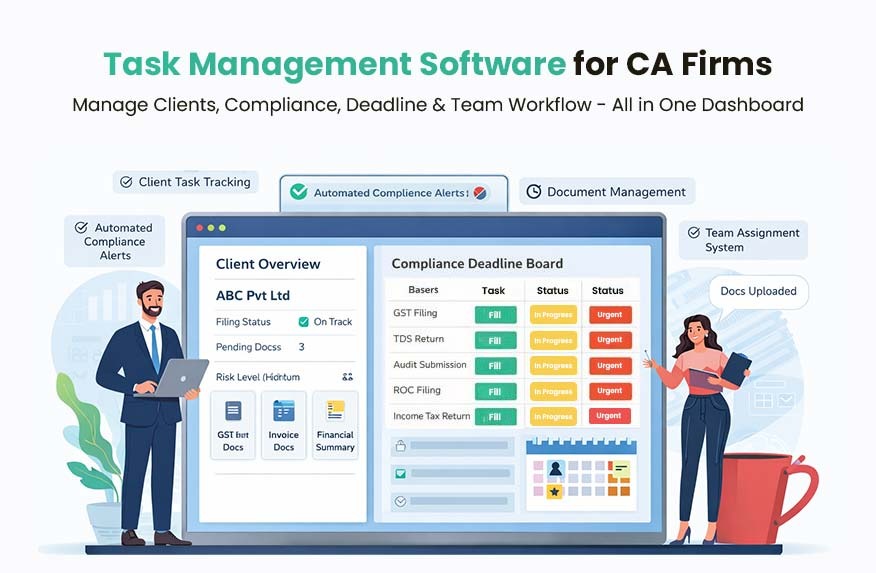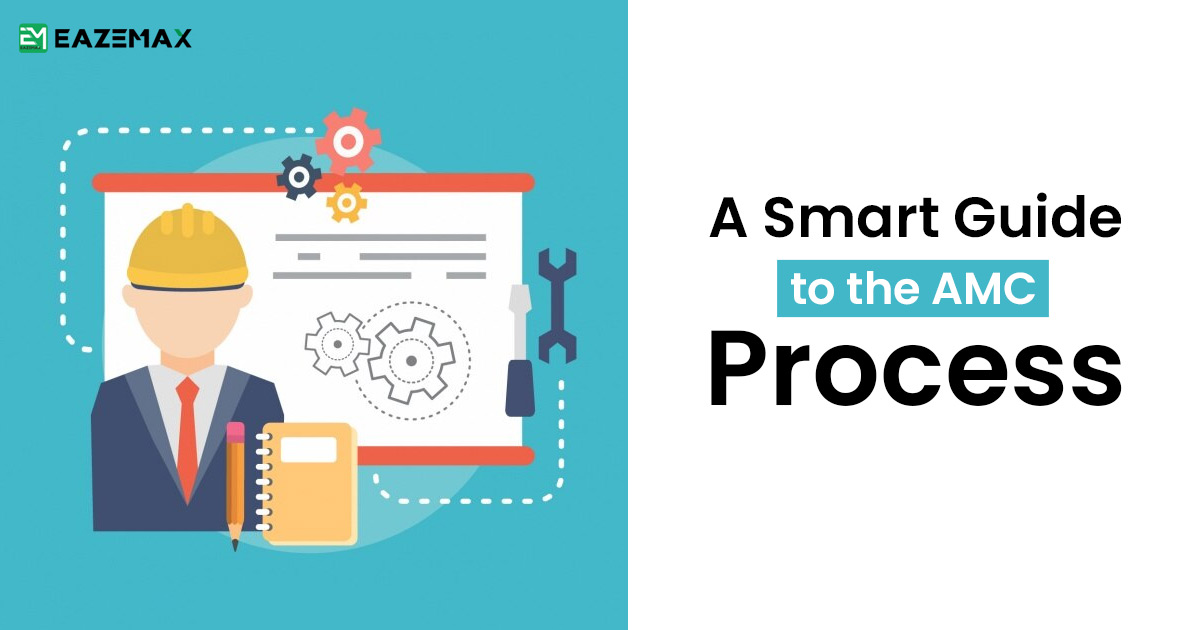
Understanding Banking Management
Banking is a cornerstone of the global financial system, and its efficient operation depends on strong management. This 2025 guide delves into the fundamentals of banking management, its significance, key responsibilities, career pathways, required skills, and emerging trends shaping the industry’s future.
Defining Banking Management
Banking management encompasses the strategic oversight and administration of banking activities. This includes ensuring compliance with regulatory frameworks, mitigating financial risks, enhancing customer experience, and innovating financial products and services.
Pursuing an MBA in Private Banking and Health Management is a structured way to prepare for a career in banking management. This two-year program imparts knowledge of banking principles and management strategies. The curriculum covers finance, statistics, human resource management, business communication, economics, accounting, and marketing.
For those seeking flexibility, an Online MBA in Banking Management offers an alternative pathway. Designed to accommodate working professionals and homemakers, this program allows students to learn at their own pace while receiving comprehensive study materials, expert guidance, and job placement support.
Importance of Banking Management
Effective banking management is crucial for maintaining financial stability, ensuring trust in banking institutions, and fostering economic growth. It enables the efficient allocation of resources and facilitates lending to individuals and businesses.
Benefits of Online Banking Management Courses
- Enhanced Management Capabilities:- Graduates acquire strategic planning and financial management skills, allowing them to make informed decisions that ensure a bank’s profitability and stability.
- Optimized Marketing Strategies:- Banking professionals trained in management can craft targeted marketing campaigns, improving customer outreach and engagement.
- Project Execution:- The courses provide insights into project management, enabling professionals to oversee banking operations efficiently and meet organizational goals.
Banking managers play a crucial role in banks and financial institutions. They are responsible for managing everyday activities, overseeing employees, evaluating potential financial risks, and developing growth plans. At the same time, they make sure that the bank follows laws and regulations while keeping customers happy.
Key Responsibilities of a Banking Manager:
- Promoting banking services to attract customers
- Addressing client queries and concerns
- Maintaining high standards of customer service
- Monitoring sales targets and business performance
- Reporting on operational activities and progress
Pathway to Becoming a Banking Manager
Starting a career in banking management usually begins with basic jobs in finance, like working as a bank teller or a customer service representative. As you gain experience and learn more about the industry, along with improving your skills, you can move up to higher positions.
Role and Responsibilities of a Banking Manager
A banking manager oversees critical aspects of branch operations, including staff leadership, financial risk assessment, and profitability enhancement. They also ensure compliance with financial regulations and maintain high levels of customer satisfaction.
Core Responsibilities:
- Managing various financial risks, including credit, interest rate, and currency fluctuations
- Strategic planning, policy formulation, and liquidity management
- Supervising human resources and operational workflows
- Implementing risk assessment and financial monitoring systems
- Integrating digital tools for streamlined accounting and strategic planning
Essential Skills and Qualifications for a Banking Manager
To excel in banking management, professionals need a combination of technical expertise and interpersonal skills.
- Technical Competencies
- Financial risk management
- Regulatory compliance knowledge
- Analytical and strategic planning skills
Personal Qualities:
- Strong problem-solving abilities
- Effective communication and leadership skills
- Adaptability to industry changes
Many banking managers have a college degree in finance, economics, or similar fields. To become even more skilled in their jobs, a lot of them also pursue further education or get special certifications in their area of work.
The Future of Banking Management
Several transformative trends are reshaping the banking industry.
Key Trends in Banking Management
- Digital Transformation:- The adoption of advanced digital technologies is streamlining banking operations and enhancing security and customer experience.
- Data-Driven Decision-Making:- Banks are leveraging data analytics to improve fraud detection, personalize customer services, and optimise operations.
- Sustainability and Corporate Responsibility:- Financial institutions are integrating environmentally and socially responsible practices into their business models.
- Regulatory Evolution:- Constant regulatory changes require banks to stay agile and compliant with emerging security and financial regulations.
- Collaboration with Fintech Firms:- Banks are increasingly partnering with fintech companies to introduce innovative financial solutions and remain competitive.
These trends signal a shift toward a more customer-centric, technology-driven, and socially responsible banking landscape.
Addressing Banking Transaction Challenges with EazeMax
The EazeMax software provides Bank Accounting with a seamless solution for managing banking transactions efficiently.
Features of EazeMax for Bank Transactions:
- A centralized platform for monitoring multiple bank accounts
- Real-time account balance tracking
- Account-wise financial summary for better oversight
- Detailed transaction history for each account
- Direct import of bank statements from Excel or PDF files
- Intelligent suggestions for categorizing transactions based on bank statements
- Credit Card Transaction Management with EazeMax
- EazeMax also simplifies credit card management by offering:
- Centralized tracking of multiple credit card accounts
- Consolidated storage of card details, including validity, billing cycle, and sanctioned limits
- Real-time outstanding balance updates
- Summarized and detailed transaction reports
- Direct PDF import for transaction reconciliation
- Smart categorization of expenses based on credit card statements
With these features, EazeMax empowers users to streamline financial management, ensuring efficiency and accuracy in tracking both bank and credit card transactions.





